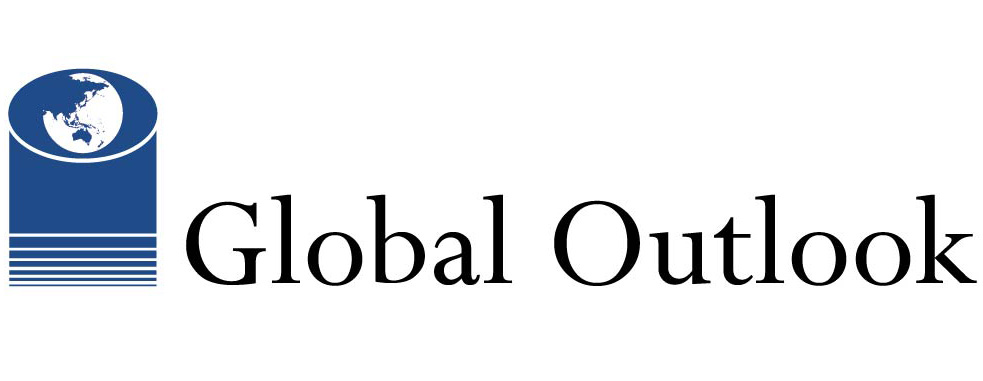
Curated expert opinion on intractable contemporary issues
Global Outlook: Climate Change and Conflict
There Is No Security Without Development, Anything Else Is a Distraction
By Anna Naupa | 11 September, 2025
The region’s evolving discussions about a proposed ‘Ocean of Peace’ should not dilute or distract from existing commitments under the Pacific Islands Forum’s 2018 "Boe Declaration on Regional Security".
The Pacific’s United Front on Climate Action is Splintering Over Deep-Sea Mining
By Kolaia Raisele and Aidan Craney | 09 September, 2025
The Pacific island nations united front is now under strain as some Pacific nations pursue a controversial new industry – deep-sea mining.
Do We Need a Pacific Peace Index?
By Anna Naupa | 05 September, 2025
As regional dialogue about an ‘Ocean of Peace’ concept advances, a dedicated Pacific Peace Index might provide additional form to an evolving political dialogue amongst Pacific Islands Forum member states
Historic Ruling Finds Climate Change ‘Imperils All Forms of Life’ and Puts Laggard Nations on Notice
By Jacqueline Peel | 31 July, 2025
Climate change “imperils all forms of life” and countries must tackle the problem or face consequences under international law, the International Court of Justice (ICJ) has found.
Peacebuilding: The Missing Peace in COP30 Climate Ambition
By Janani Vivekananda | 30 July, 2025
Peacebuilding, conflict prevention, and crime prevention are no longer niche security concerns—they are global imperatives for sustainable climate action.
A Top Court Has Urged Nations to Clamp Down on Fossil Fuel Production. When Will Australia Finally Start Listening?
By Wesley Morgan and Gillian Moon | 11 July, 2025
Climate change is an existential threat, and coal and gas exporters have a responsibility to act.
The views and opinions expressed in Global Outlook are those of the authors and do not necessarily reflect the official policy or position of Toda Peace Institute.
There Is No Security Without Development, Anything Else Is a Distraction
By Anna Naupa | 11 September, 2025
The region’s evolving discussions about a proposed ‘Ocean of Peace’ should not dilute or distract from existing commitments under the Pacific Islands Forum’s 2018 "Boe Declaration on Regional Security".
The Pacific’s United Front on Climate Action is Splintering Over Deep-Sea Mining
By Kolaia Raisele and Aidan Craney | 09 September, 2025
The Pacific island nations united front is now under strain as some Pacific nations pursue a controversial new industry – deep-sea mining.
Do We Need a Pacific Peace Index?
By Anna Naupa | 05 September, 2025
As regional dialogue about an ‘Ocean of Peace’ concept advances, a dedicated Pacific Peace Index might provide additional form to an evolving political dialogue amongst Pacific Islands Forum member states
Historic Ruling Finds Climate Change ‘Imperils All Forms of Life’ and Puts Laggard Nations on Notice
By Jacqueline Peel | 31 July, 2025
Climate change “imperils all forms of life” and countries must tackle the problem or face consequences under international law, the International Court of Justice (ICJ) has found.
Peacebuilding: The Missing Peace in COP30 Climate Ambition
By Janani Vivekananda | 30 July, 2025
Peacebuilding, conflict prevention, and crime prevention are no longer niche security concerns—they are global imperatives for sustainable climate action.
A Top Court Has Urged Nations to Clamp Down on Fossil Fuel Production. When Will Australia Finally Start Listening?
By Wesley Morgan and Gillian Moon | 11 July, 2025
Climate change is an existential threat, and coal and gas exporters have a responsibility to act.
The views and opinions expressed in Global Outlook are those of the authors and do not necessarily reflect the official policy or position of Toda Peace Institute.





